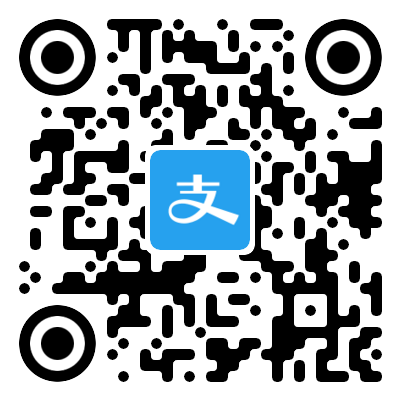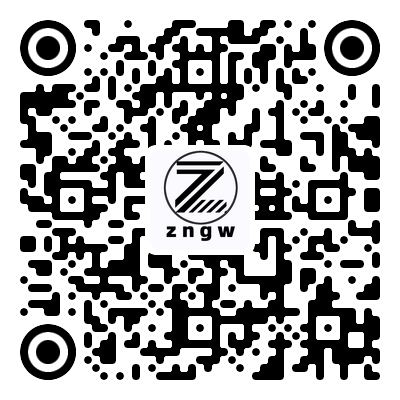在golang中,interface{}允许接纳任意值,类似于Java中的Object类型。
可以直接用switch value.(type) 来判断类型,如:
type Test struct {
Test string
}
func test(value interface{}) {
switch value.(type) {
case string:
// 将interface转为string字符串类型
fmt.Println("value type is string")
case int32:
// 将interface转为int32类型
fmt.Println("value type is int32")
case int64:
// 将interface转为int64类型
fmt.Println("value type is int64")
case Test:
// 将interface转为Test struct类型
fmt.Println("value type is Test struct")
case []int:
// 将interface转为切片类型
fmt.Println("value type is Test []int")
default:
fmt.Println("unknown")
}
}如果是单类型判断和转换可以用 v , ok = value.(type) 来判断和转换。
- v:转换后的值
- ok:是否转换成功,如果类型不对,返回false
- value:interface{}变量
- type:需要转换的类型,如:string、int32、int64、float64等等
如interface{}转string:
func test(value interface{}) {
if op, ok := value.(string); ok {
fmt.Println("value type is string:", op)
} else {
fmt.Println("value type is not string")
}
}

